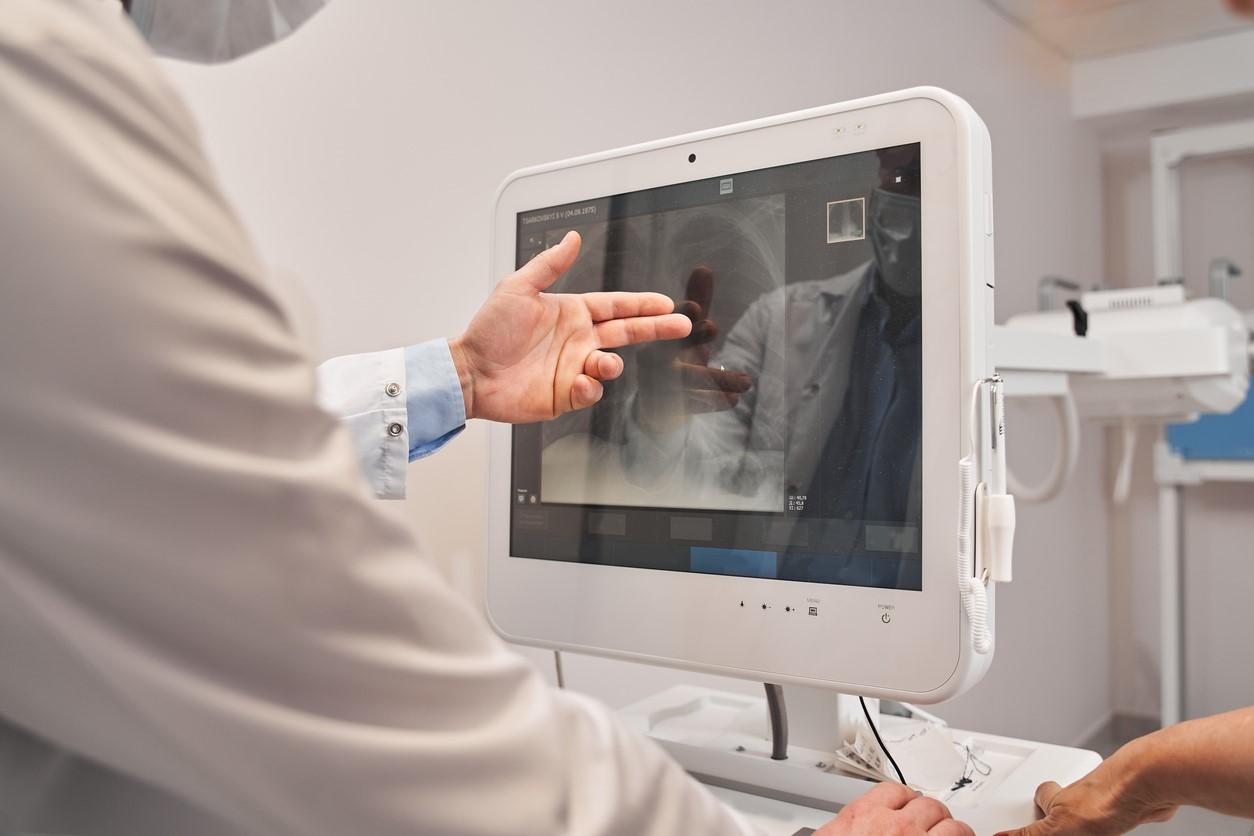A study yesterday in The Lancet Oncology shows early-stage cancer diagnoses dropped by half in April 2020 and significantly throughout the first year of the COVID-19 pandemic in the United States. This is the largest study to date concerning the pandemic and cancer diagnoses.
The study identified first primary malignant cancer diagnoses from the US National Cancer Databases, with researchers identifying 2,404,050 adults newly diagnosed as having cancer, including 830,528 in 2018, 849,290 in 2019, and 724,232 in 2020. The main study outcome was the change in the number and the change in the stage distribution of new cancer diagnoses from 2019 to 2020, the authors said.
The mean age of patients was 63.5 years, and 75.5% were non-Hispanic White. Pre-pandemic, the monthly number of new cancer diagnoses remained consistently around 70,000 per month until March, 2020, when the pandemic started. The fewest diagnoses was in April 2020 (36,679), with the number returning to a near pre-pandemic level by June 2020.
Stage 1 diagnoses saw the biggest change; in April of 2018 and 2019, 27,110 and 29,165 new diagnoses were made, compared with just 11,525 in April 2020, a reduction of 50% to 60%.
The authors found lower odds of being diagnosed as having stage 1 disease in 2020 than in 2019 (adjusted odds ratio [aOR], 0.946; 95% conference interval [CI], 0.939 to 0.952]) compared with a diagnosis for a stage 2 or higher cancer. This pattern was observed in most cancer types and sociodemographic groups, although it was most prominent among Hispanic patients, the authors said.
Low-income, minorities may have seen further delays
In a commentary on the study, Julie Townsend, MS, an epidemiologist with the Comprehensive Cancer Control Branch of the Centers for Disease Control and Prevention, said early diagnosis of breast, colon, and cervical cancers relies on annual screening, the type of appointments that were canceled or delayed during the first months of the pandemic.
Screening generally rebounded later in 2020, but not uniformly across all areas of the USA or segments of the population.
"Screening generally rebounded later in 2020, but not uniformly across all areas of the USA or segments of the population," she writes, suggesting that minorities and low-income patients may still have delayed screening months into the pandemic.
The authors of the study called for Medicaid and the National Breast and Cervical Cancer Early Detection Program to receive full funding.
"The program is critically important to helping to get screening rates back on track after a decline due to COVID," said Lisa Lacasse, MBA, president of the American Cancer Society Cancer Action Network (ACS CAN), in an ACS press release on the study.
"With nearly four million individuals having lost coverage following the end of pandemic era continuous enrollment, we are also urging states to undertake a careful process to evaluate Medicaid eligibility to ensure coverage isn’t erroneously disrupted," she added.



















